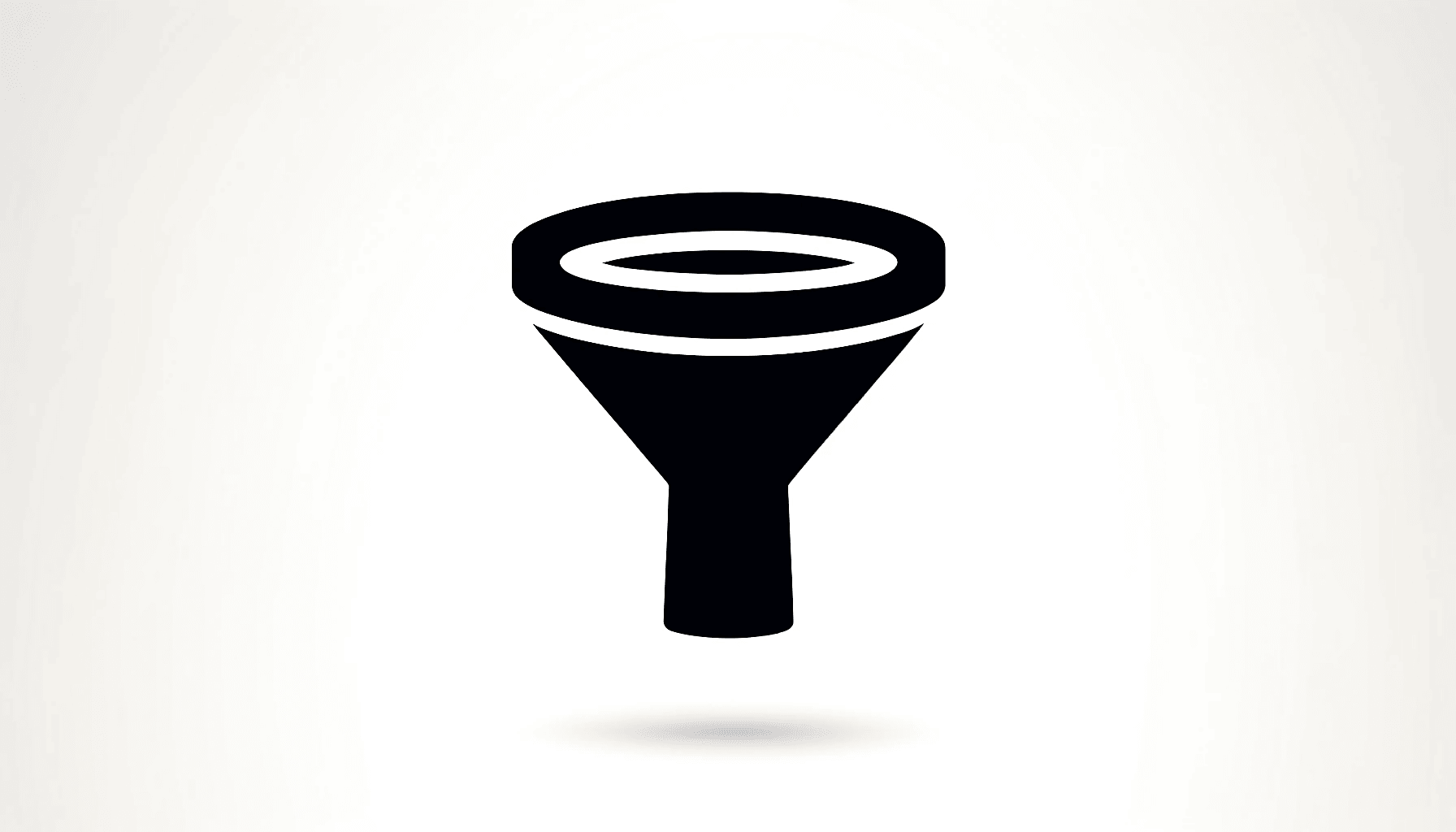What are WordPress Hooks?
WordPress hooks are a crucial feature for developers, allowing them to “hook” into the platform’s core and modify or extend its functionality without altering core files. This system is at the heart of WordPress’s flexibility and one of the main reasons why it is so widely adaptable to different users’ needs.
Types of WordPress Hooks
WordPress hooks come in two flavors: actions and filters.
- Action Hooks allows you to insert custom code at specific points during WordPress’s execution. For example, when a post is saved, a page is rendered, or a user logs in, you can trigger your own functions to execute at these moments.
- Filter Hooks enable you to modify data before it is used by the database or sent to the browser. This could be changing how excerpts are displayed, modifying how titles appear, or even altering data input before it’s saved.
Why Use WordPress Hooks?
Using hooks makes your WordPress customizations more robust and update-proof. Instead of modifying the core files directly—which could be overwritten with updates—you insert your plugins or themes that use these hooks to interact with WordPress. This ensures that your changes remain intact no matter how many updates WordPress undergoes.
Example Scenarios Where Hooks are Used
- Customizing How Titles Appear: You can use a filter hook to modify post titles before they are displayed.
- Adding Custom Data to Posts: Action hooks can save custom fields and additional metadata when a post is saved.
- Modifying Admin Messages: Filter hooks can change or customize messages in the admin panel.
Practical Example of Using Hooks
Here’s a practical example to illustrate how hooks work in WordPress. Suppose you want to add a custom message to all your posts without editing your theme’s files directly. You could use an action hook to achieve this.
Below is a simple code snippet that adds a copyright notice at the end of every post using an action hook:
function add_copyright_notice() {
echo 'Copyright © ' . date('Y') . ' My Website. All rights reserved.';
}
add_action('the_content', 'add_copyright_notice');
In this example, add_action() is the function used to specify which hook you’re targeting (the_content) and what function to “hook” into it (add_copyright_notice). When WordPress processes the content of a post, it will now also include your custom copyright notice at the end.
Conclusion
WordPress hooks are a powerful feature for developers looking to extend or modify the platform’s core functionality in a safe, update-proof manner. Whether adding new features, changing existing ones, or integrating with other systems, hooks provide a robust framework for making WordPress work precisely how you want it to.
This ability to customize and extend is why WordPress is famous for building various websites, from simple blogs to complex e-commerce platforms. Understanding and utilizing hooks is fundamental for anyone developing professional WordPress plugins or themes.




